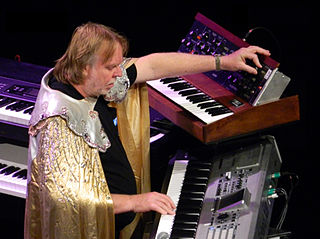A Quote by Austin O'Malley
Boards of public charity were invented by the devil to prevent real individual charity.
Related Quotes
When we want to help the poor, we usually offer them charity. Most often we use charity to avoid recognizing the problem and finding the solution for it. Charity becomes a way to shrug off our responsibility. But charity is no solution to poverty. Charity only perpetuates poverty by taking the initiative away from the poor. Charity allows us to go ahead with our own lives without worrying about the lives of the poor. Charity appeases our consciences.
We often equate charity with visiting the sick, taking in casseroles to those in need, or sharing our excess with those who are less fortunate. But really, true charity is much, much more. Real charity is not something you give away; it is something that you acquire and make a part of yourself. And when the virtue of charity becomes implanted in your heart, you are never the same again.
What is meant by charity? Charity is not fundamental. It is really helping on the misery of the world, not eradicating it. One looks for name and fame and covers his efforts to obtain them with the enamel of charity and good works. He is working for himself under the pretext of working for others. Every so-called charity is an encouragement of the very evil it claims to operate against.
Only in truth does charity shine forth, only in truth can charity be authentically lived. Truth is the light that gives meaning and value to charity. That light is both the light of reason and the light of faith, through which the intellect attains to the natural and supernatural truth of charity: it grasps its meaning as gift, acceptance, and communion. Without truth, charity degenerates into sentimentality. Love becomes an empty shell, to be filled in an arbitrary way.
Charity is the filthiest invention of the human mind: first you steal what belongs to everyone; then you use the law and various other means to protect it.
You give charity to prevent the have-nots from rebelling against you. It also makes you feel less guilty. All do-gooders feel 'high' when they do good.
Strangely, charity sometimes gets dismissed, as if it is ineffective, inappropriate or even somehow demeaning to the recipient. 'This isn't charity,' some donors take pains to claim, 'This is an investment.' Let us recognize charity for what it is at heart: a noble enterprise aimed at bettering the human condition.
Charity is not a potency of the soul, because if it were it would be natural. Nor is it a passion, because it is not in a sensitive potency in which are all passions. Nor is it a habit, because a habit is removed with difficulty; charity, however, is easily lost through one act of mortal sin. Therefore charity is not something created in the soul.





































